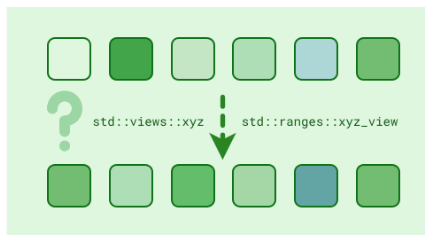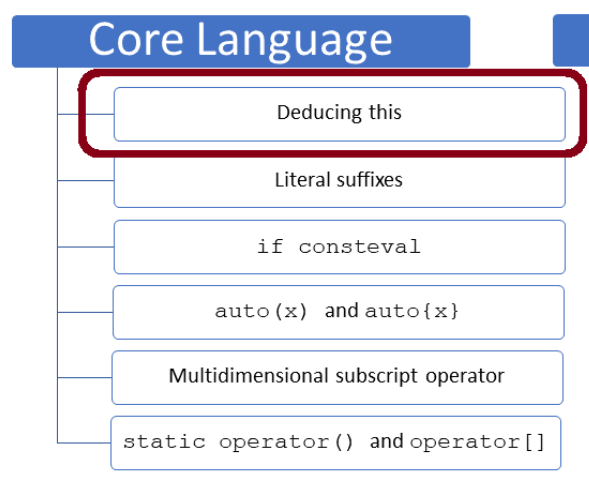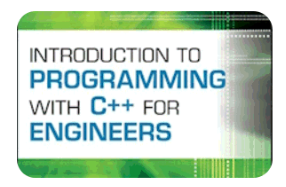Inside STL: The vector -- Raymond Chen
 The C++ language comes with a standard library, and although implementations are welcome to implement the library types in whatever manner they choose, they are constraints imposed by the standard which often force one of a small number of possible implementations.
The C++ language comes with a standard library, and although implementations are welcome to implement the library types in whatever manner they choose, they are constraints imposed by the standard which often force one of a small number of possible implementations.
Inside STL: The vector
By Raymond Chen
The std::vector is one of those types which is constrained to the point that there’s really only one viable implementation.
Internally, a std::vector basically looks like this:
template<typename T>
struct vector
{
T* first;
T* last;
T* end;
};
The first is a pointer to the beginning of a single memory allocation that holds the vector contents.
The last is a pointer one past the end of the last valid vector element.
The end is a pointer one past the end of the last allocated memory for the vector.
The picture for this is as follows:


 In this article, we’d shed some light on the implementation of
In this article, we’d shed some light on the implementation of  In this article, we are going to review two new features of C++23. Now the language allows the call operator (
In this article, we are going to review two new features of C++23. Now the language allows the call operator ( The Curiously Recurring Template Pattern (CRTP) is a heavily used idiom in C++. It is similarly resistant to understanding as the classic design pattern visitor I presented in my last post: “
The Curiously Recurring Template Pattern (CRTP) is a heavily used idiom in C++. It is similarly resistant to understanding as the classic design pattern visitor I presented in my last post: “
 Some time ago I started working on P1705 Enumerating Core Undefined Behavior, I have collected a large set of undefined behavior (UB) during that time. There is going to be a lot of work involved in getting the annex into shape and editing it into the standard. While this work is ongoing, I will take some time to write blog posts to explore the set of undefined behaviors.
Some time ago I started working on P1705 Enumerating Core Undefined Behavior, I have collected a large set of undefined behavior (UB) during that time. There is going to be a lot of work involved in getting the annex into shape and editing it into the standard. While this work is ongoing, I will take some time to write blog posts to explore the set of undefined behaviors.